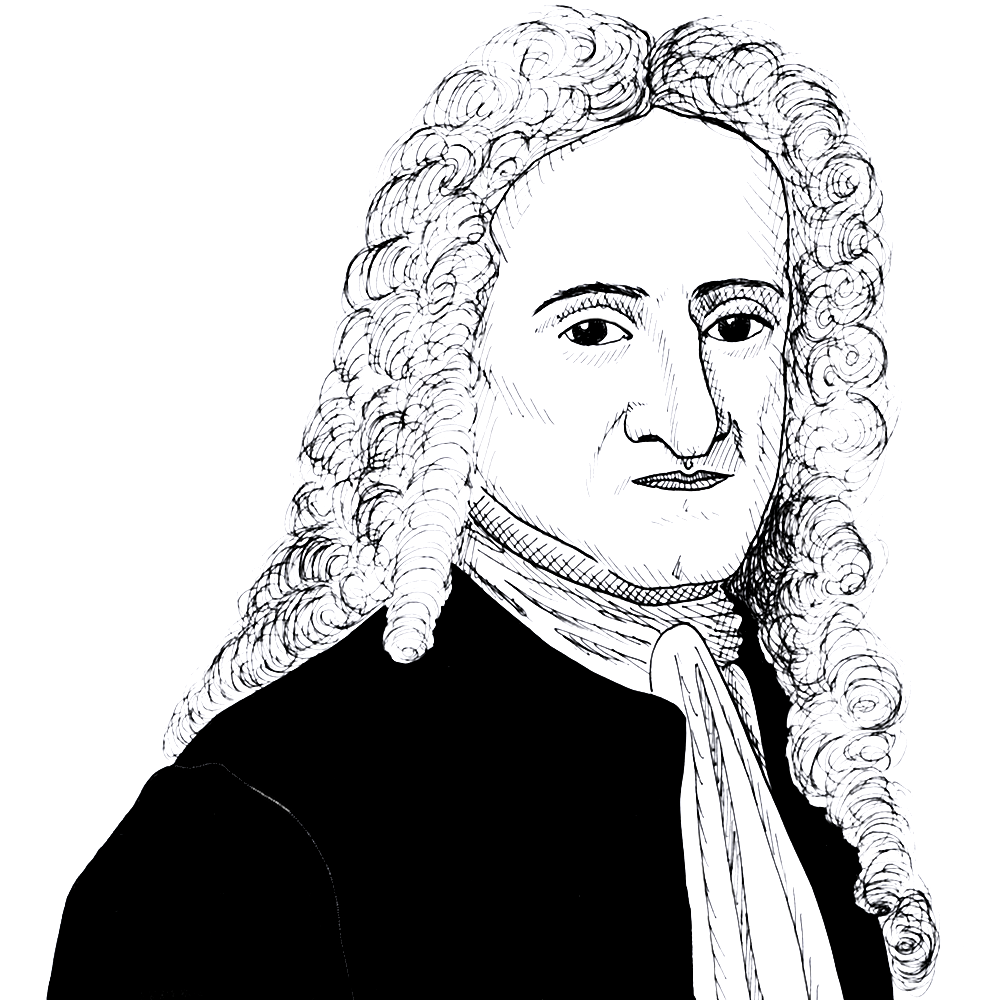
Robert Molesworth on the benefits of open borders and free immigration (1705)
The Irish Commonwealthman and “True Whig” Robert Molesworth (1650-1725) defended open borders and free immigration on the grounds that England was a beacon of religious liberty and private property and that all immigrants were “useful and profitable Hands”:
Economics
(T)he Security of Civil and Religious Liberty, and of Property, which through God’s great Mercy is firmly establish’d among us, (and) will invite new Comers as fast as we can entertain them; that most of the rest of the World groans under the Weight of Tyranny, which will cause all that have Substance, and a Sense of Honour and Liberty, to fly to Places of Shelter; which consequently would thoroughly people us with useful and profitable Hands in a few Years.